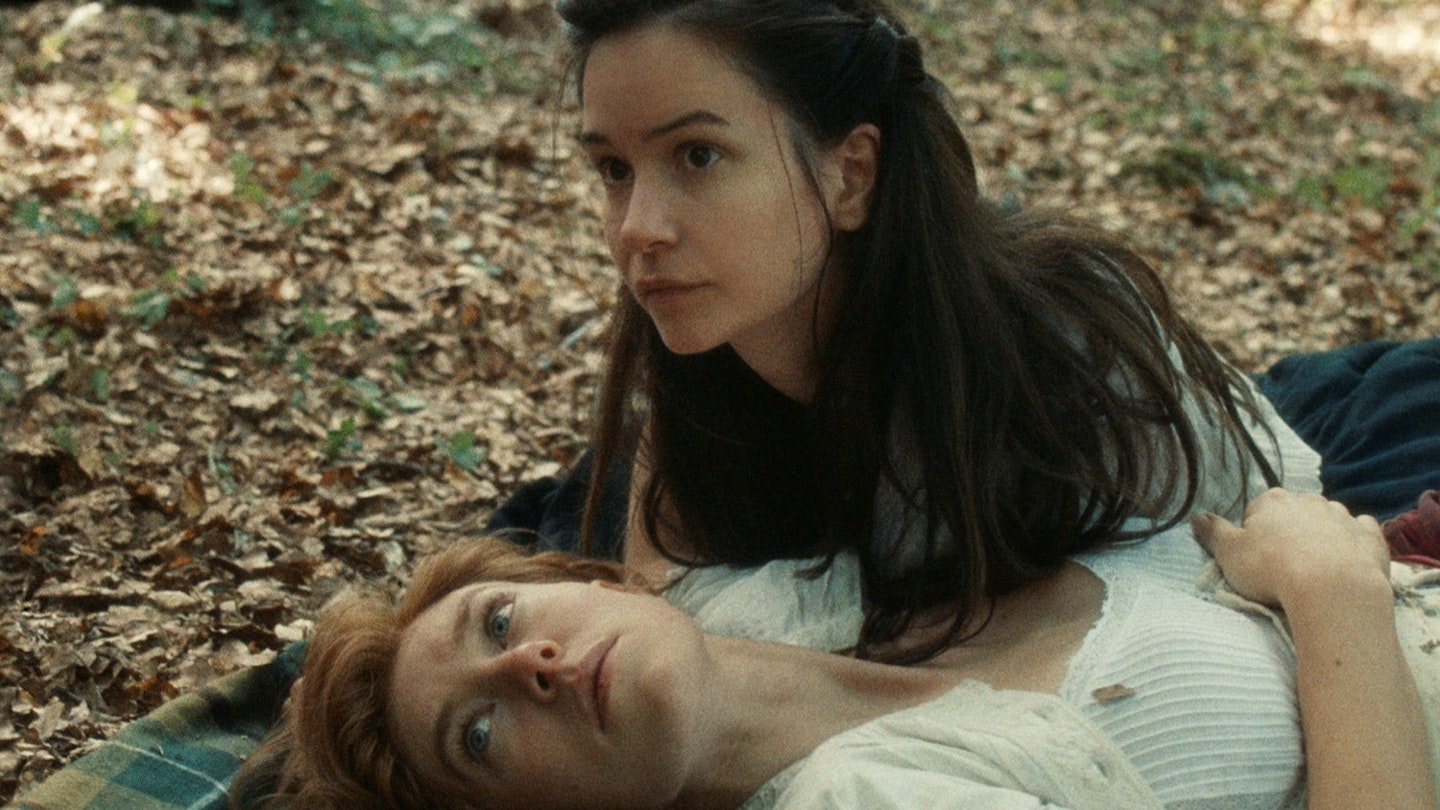The East Coast setting is freezing but the embers of love burn bright in Mona Fastvold’s tender period romance. Keeping the poetic beauty of the original short story by Jim Shepard, The World To Come sees Katherine Waterston’s Abigail narrate the tale of this snowglobe-like world in hushed tones, recalling how she came to meet farmer’s wife Tallie (Vanessa Kirby) and finally understood what tenderness and companionship felt like, as the two married women fell fast and hard in love.
Where something like Portrait Of A Lady On Fire thrived on the peace found in eschewing men altogether, Norwegian filmmaker Fastvold finds dramatic mileage by framing the affair in relation to the ever-present husbands, with Affleck and Abbott’s gruff and domineering performances only amplifying the urgency of Abigail and Tallie’s affections. Yet even unrelated to these men, Waterston and Kirby are marvellous: Tallie’s effusive body language — all toothy smiles and a seductive, tactile closeness with the one she loves — is like the first ray of sunshine after months of ruthless winter, and Abigail’s candid relief at finally letting love in is spellbinding.
It's a film to remember for its passion.
Unfortunately, this isn’t a permanent idyll. The strength of The World To Come is as an intoxicating depiction of a true love that can never last. Waterston is delicately mournful, beaten down by a punishing environment and the cruel dynamic between working husbands and docile wives where independence for women is a distant dream, and in which labour (both material on the land and emotional in the marriage) is more important than intimacy. When the women can’t speak or weep, the film does: a swooning clarinet score by Daniel Blumberg adds another dimension to the sadness of the picture.
Ultimately, it is a film to remember for its passion — for its belief that those tiny snatches of pleasure are worth holding onto, even if the rest of the world might never believe them even possible.
